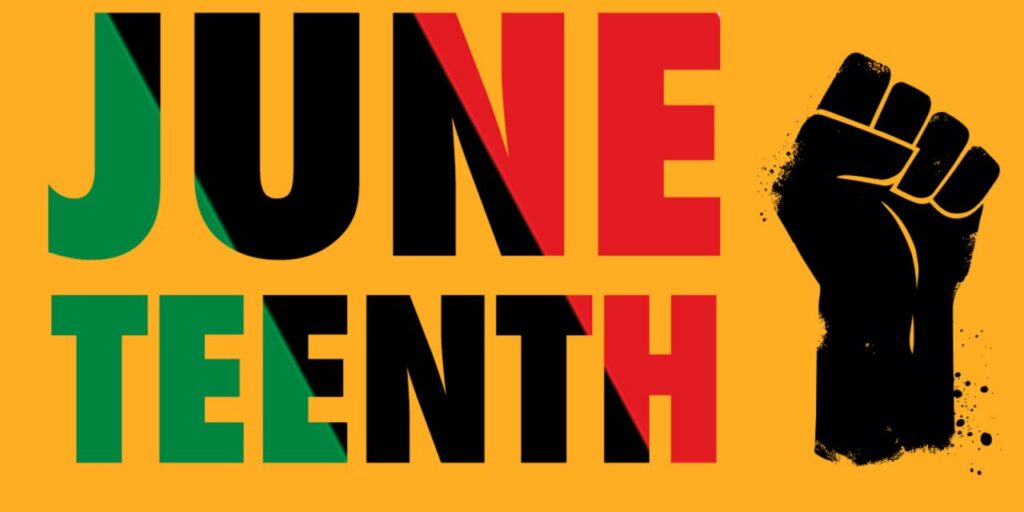As the United States prepares to mark Juneteenth 2025, Americans from all walks of life are gearing up to celebrate the day the last enslaved people in the country learned they were free June 19, 1865. The commemoration, once a little-known cultural observance, has now blossomed into a national day of reflection and celebration, recognized as a federal holiday since 2021.
Though President Abraham Lincoln’s Emancipation Proclamation was issued on January 1, 1863, it wasn’t until two years later at the close of the Civil War that the order reached the deepest corners of the Confederacy. On June 19, 1865, Union Major General Gordon Granger arrived in Galveston, Texas, with federal troops and delivered the news: the war was over and the enslaved were free.
The Significance of Juneteenth
The name “Juneteenth” is a portmanteau of “June” and “nineteenth,” marking the date of this historic moment. For African Americans, the day has long been a symbol of liberation, resilience, and community pride a “second Independence Day” that honors freedom not granted, but long denied.
Dr. Lindsey Swindall, Teaching Assistant Professor at the Stevens Institute of Technology, explains:
“Juneteenth has become a sort of symbol of the end of slavery. Tradition holds that it was in the summer of 1865 that enslaved people in Galveston, Texas a lot of them dock workers heard about emancipation. There was this big announcement that freedom was now available to enslaved people.”
A Legacy Rooted in Defiance and Courage
In the decades following the Civil War, celebrating Juneteenth was far from easy. In the segregated South, where groups like the Ku Klux Klan rose to prominence and white resistance to emancipation was strong, honoring freedom was an act of defiance.
“Juneteenth celebrations mostly took place in African American communities,” said Swindall. “That was the safest context to mark emancipation because discussing these ideas could be dangerous. There was vigilante violence throughout the late 1800s and early 1900s, so to even speak about or honor freedom could be seen as inflammatory.”
These celebrations were bold, joyous, and brave, often featuring church services, readings of the Emancipation Proclamation, parades, music, and shared meals laying the foundation for the vibrant traditions still observed today.
From Community Tradition to National Holiday
Over time, Juneteenth became known by various names: Freedom Day, Emancipation Day, Black Independence Day, and the Black Fourth of July. While Black communities across America have long honored the date, national recognition took centuries.
In 2021, President Joe Biden signed legislation officially designating Juneteenth as a U.S. federal holiday, elevating its status and encouraging national reflection on the legacy of slavery, the progress made, and the work that remains.
Looking Ahead
As Juneteenth 2025 arrives, Americans will gather across the country for festivals, educational events, concerts, and public commemorations. This year’s celebrations also carry renewed calls for racial justice, historical truth-telling, and reparative equity.
What began as a local celebration in Texas has grown into a nationwide observance of Black freedom, culture, and resilience. As Americans honor the past, Juneteenth remains a beacon, reminding the world that true freedom must be protected, preserved, and expanded for all.


